While you might like the hot weather that comes with summer, your car isn't exactly a fan of those extreme temperatures. Excessive warmth can cause damage to your tires, battery and engine, and even keep your air conditioning system from running properly, according to Autotrader. However, with the routine maintenance and care, your ride will do just fine in the blazing heat.
Here are four tips for keeping your vehicle safe during the dog days of summer:
1. Get your fluids checked
During the summer months, monitoring your engine coolant is key. This fluid keeps your ride from overheating and ultimately breaking down. Most cars have a closed system for coolant, so checking and filling it is a simple task you can complete on your own. The same goes for your windshield washer fluid – it's easy to add and it's a must when you're driving in the summer, especially with the amount of bugs you'll likely squash during your road trip.
"Always monitor your fluids."
An oil change is always important, but it's especially crucial during the warmer months – when you don't change it, the engine becomes too hot, which isn't ideal in excessive heat. Eventually, if you keep skipping this maintenance task, your engine will shut down completely. Don't let this happen while you're on the road this summer, you'll end up drenched in sweat on the side of the road waiting for a tow truck.
2. Monitor your battery
Did you know that the warm weather has an impact on your battery, too? According to the Allstate Blog, the liquid inside your battery evaporates as temperatures rise, causing it to die. If your battery is old, it might not even hold a charge or jump-start after this happens. It's common to forget about maintaining your battery, but you should make it a priority to replace it every three years or so. If you don't know how old your current one is, it's worth taking it to the shop to find out.
3. Change your tires
Extreme temperatures put added stress on your tires, according to Car and Driver. The heat will also cause your air pressure to rise. Be cautious and get your tire condition and air pressure checked monthly during the summer. Always be sure to rotate your tires and get them changed every 5,000 miles.
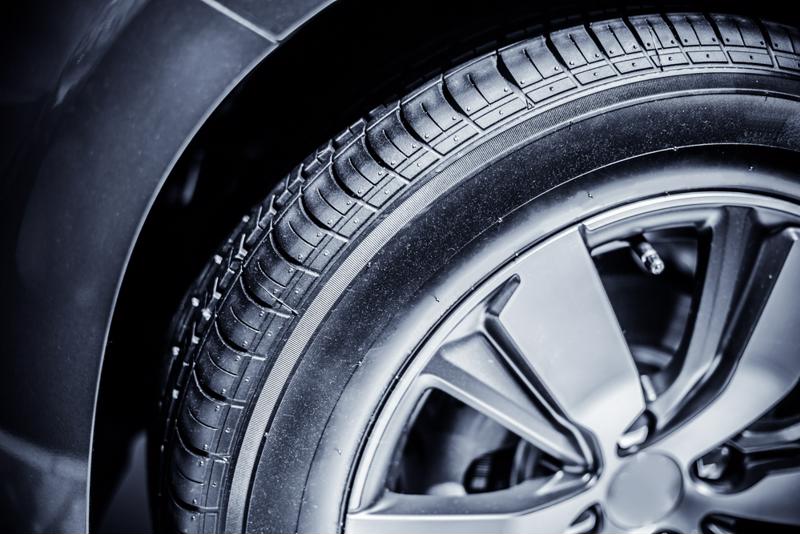 A new set of tires will help you ride smoothly all summer.
A new set of tires will help you ride smoothly all summer.4. Maintain your air conditioning
There's nothing better than rolling down the windows and blasting your music on a summer's day, but only if the weather permits. If the temperatures are too high, you'll rely on your air conditioning to keep you and your friends cool. Therefore, it's important to have your system checked annually, especially if it seems like it's not working as efficiently as it should. Autotrader suggested checking your owner's manual to see when it's time to change your filter. Then, take it to the shop for some maintenance.
Saving your car is worth the cost
The maintenance services you should perform on your vehicle this summer might seem expensive, but they'll be worth it in the long run.
"It takes very little time and money to make sure your car runs properly during summer, and although breakdowns happen, they can definitely be minimized by taking a few extra preventive maintenance steps," executive director of Car Care Council Rich White told Car and Driver.
The season of summer might be coming to a close soon, but that doesn't mean the hot temperatures aren't going to stick around. To be cautious, consider taking your ride in for its routine maintenance at NJ Auto Auction. We have a service shop with technicians who will make certain your car is running smoothly.





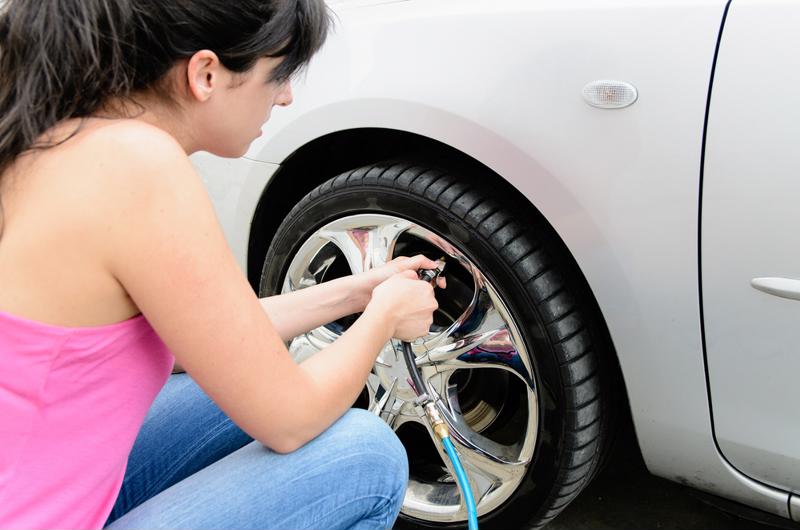 Make sure the air pressure levels in your tires match the manufacturer’s suggestion.
Make sure the air pressure levels in your tires match the manufacturer’s suggestion. Always leave plenty of space when trailing behind motorcyclists.
Always leave plenty of space when trailing behind motorcyclists.
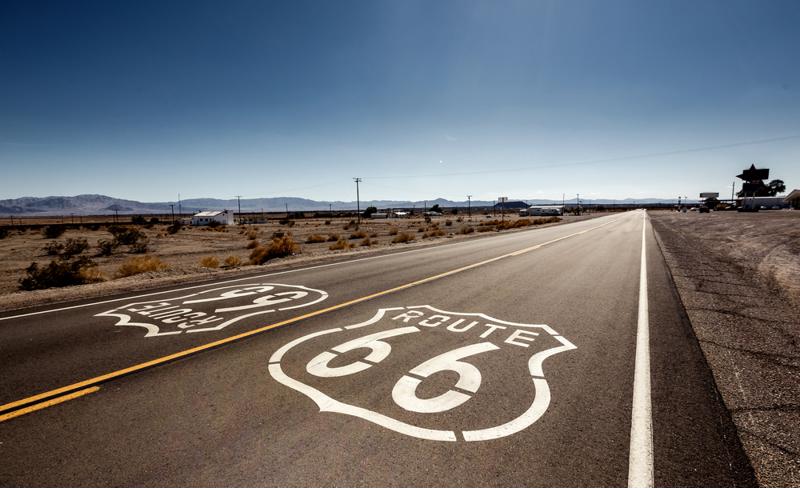 This famous route is one of America's most historic.
This famous route is one of America's most historic.
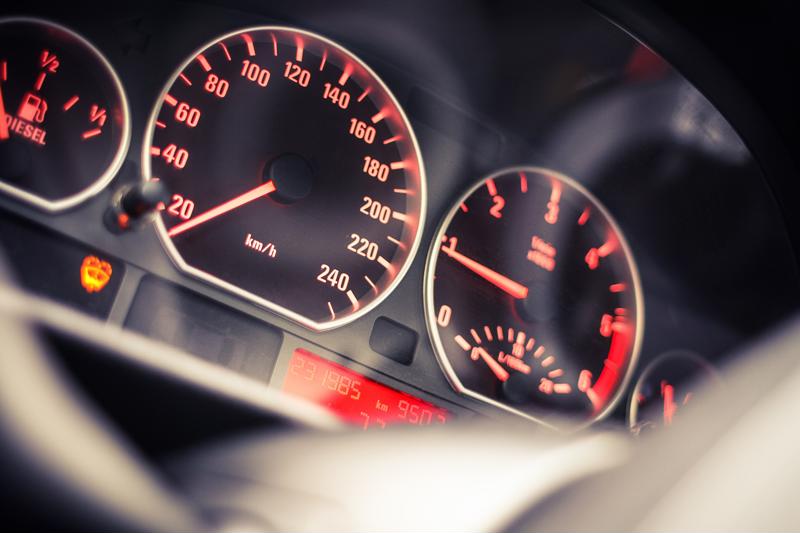 Most cars can pass 100,000 miles nowadays.
Most cars can pass 100,000 miles nowadays.
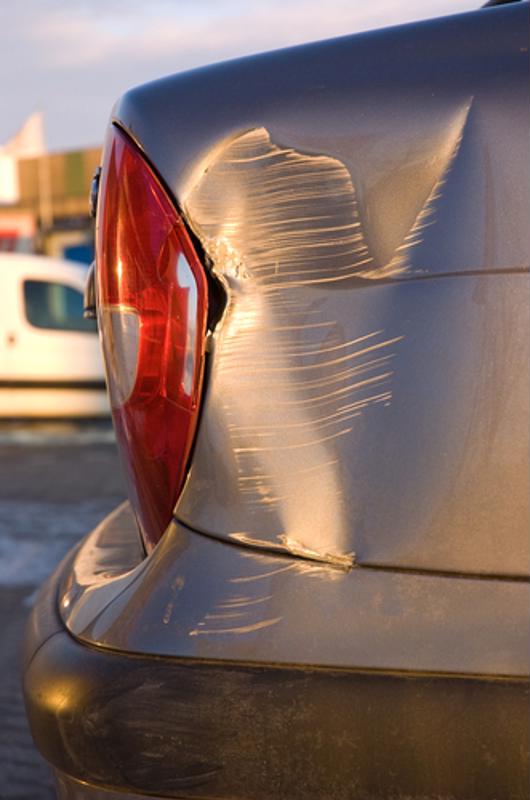 Repairing dents and scratches before putting it on the market could determine it's likeliness of selling.
Repairing dents and scratches before putting it on the market could determine it's likeliness of selling.
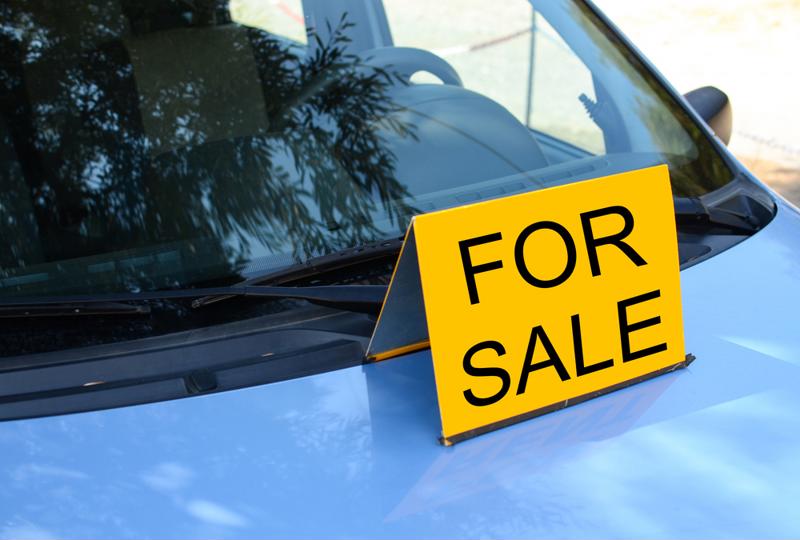 By inspecting the car thoroughly and using your best judgment, you can lower your risk of getting stuck with a lemon.
By inspecting the car thoroughly and using your best judgment, you can lower your risk of getting stuck with a lemon.
 Buying your first car is an exciting experience, especially when you make an informed purchase.
Buying your first car is an exciting experience, especially when you make an informed purchase.
 When buying a car, be sure to consider its future value.
When buying a car, be sure to consider its future value.